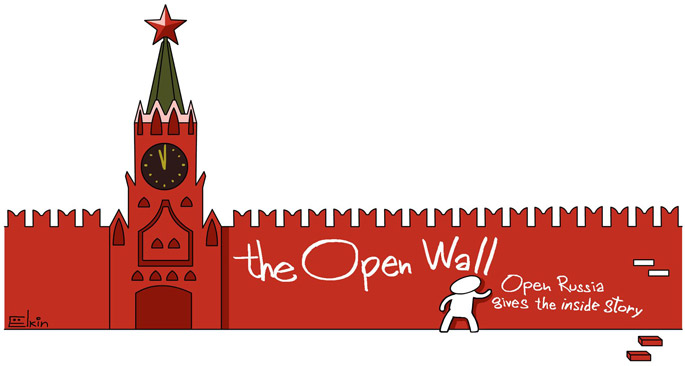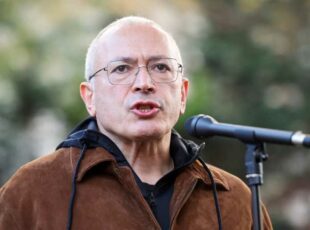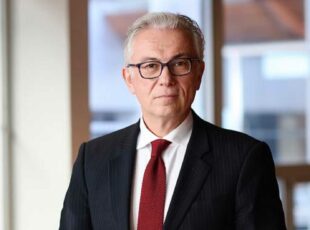Oh ye of little faith

Oh ye of little faith
The recent meeting in Cuba between Patriarch Kirill of the Russian Orthodox Church, and Pope Francis of the Roman Catholic Church, must firstly be described as historic. The talks might have been held in an airport lounge – both men were in transit – but this was an attempt to heal a schism that took place almost a millennium ago. And then there were the “other” talks …

It was Archdeacon Andrei Kurayev who suggested that Kirill and Francis spend two hours talking behind closed doors not about theology, but politics: “I think the initiative of our President was here; and Kirill conveyed a message from one of the leaders of the Western world.”
This could all have been predicted, as it was by Stanislav Belkovsky, on TV Rain, just a few days before the meeting. “It is a secular event in the field of foreign policy, because the Patriarch is going as a special envoy of Vladimir Putin.” Knowing the special warm relations between the pontiff and President Obama (they are “on friendly terms” says Belkovsky), the Kremlin, in his opinion, is trying to figure out if “Francis would like to become a bridge between Moscow and Washington in the construction of a new system of discussions of local interest and global security. This is an attempt by Patriarch Kirill to enlist Pope Francis as a lobbyist for Mr Putin’s interests.”
Talking with us at Open Russia today, Belkovsky said that his prognosis had absolutely come true. “My opinion was strengthened, hearing reports on the meeting of the popes.” Indeed, in an interview with Russia Today, Patriarch Kirill revealed some details of his talks with Pope Francis: “We must do everything, in order to radically change the relationship between Russia and the United States for the better. It should be clear that there are two such powerful countries that can destroy each other, that the world must do what it can to prevent a major war, and this was the theme of our conversation with Pope Francis.”
Belkovsky believes that the Patriarch succeeded in his mission, especially as far as Ukraine is concerned; and proof of that is to be found in the text of the joint declaration. “As far as I remember the declaration, it says that in Ukraine there is a civil war, not a war between Russia and Ukraine, inspired by Moscow. In addition, the cool language used to describe the Uniate, has already caused a wave of discontent on the part of the Ukrainian Greek Catholic Church.” And on issues such as abortion, euthanasia and same-sex marriage, the Vatican, according to Belkovsky, also expressed solidarity with the position of the Moscow Patriarchate.
Our view is that the successful embassy by Patriarch Kirill has likely delayed the date of his resignation, which has been a talking point in ruling elite circles the last two years. Rival clans have been busy lining up their nominees for the patriarchal throne; the Rotenberg brothers, for example, have as their creature, Metropolitan Varsonofy of St Petersburg and Ladoga. Belkovsky agrees. “Kirill won a great diplomatic victory. He’s shown himself to be a second Lavrov, and in so doing has shown that there is no need for Putin to remove him.”
Diplomatic triumph it undoubtedly was, but it would be incorrect to now see the Patriarchate as another department of the Ministry of Foreign Affairs – a back door into the Kremlin. Western leaders, grasping at straws, are going to be disappointed, just as soon as they come to understand that this unique communications channel is only for manipulation. Perhaps Patriarch Kirill really does believe in global dialogue, but for his message to be effective he needs to be speaking on behalf of a government that truly believes in the peace of God, which passeth all understanding.



